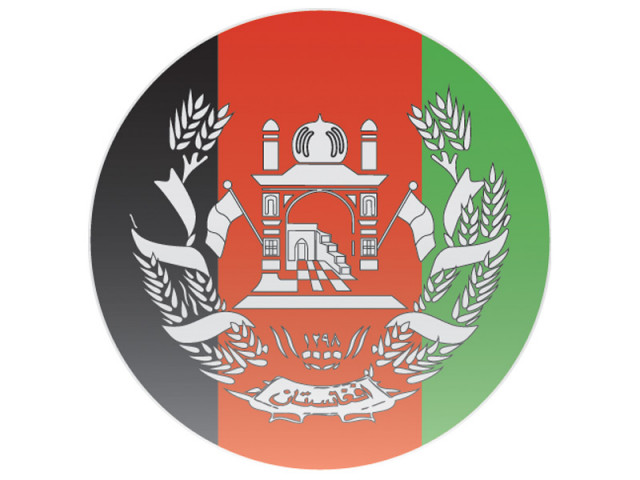Analysts warn of another civil war if peace deal not reached
Say Afghan government’s stand regarding US-Taliban talks will cripple the reconciliation process.

Kabul’s insistence that all talks either be held inside Afghanistan or under the leadership of the Afghan government has further complicated the elusive process. PHOTO: FILE
Both conflicting parties insist the ‘exploratory’ talks in Qatar, suspended earlier last year, have not yet been restored. Furthermore, both dismissed the recent remarks by President Hamid Karzai accusing them of colluding and holding talks in secret as false.
Taliban spokesperson Zabiullah Mujahid said they will not ‘beg for dialogue’. However, at the same time, he asked the US to takeconfidence building measures by positively responding to the Taliban’s previous demands, which include the release of some its leaders from the infamous Guantanamo detention centre, de-listing Taliban leaders from the UN sanctions list and recognising their political office in Qatar.
In a recent interview with The Express Tribune, Mujahid said: “The Americans should first end their current policy in order to make conditions suitable for the revival of stalled talks. We are not interested in dialogue unless the US accepts our demands. We still consider the continuation of jihad as a solution to all problems.”

Mullah Agha Jan Mutasim, who once headed the powerful political commission of the Taliban and now strongly pleads for peace, has also warned of a possible civil war following the withdrawal of US-led coalition forces.
All these statements have raised fears about the repetition of bloodshed the Afghans witnessed when the erstwhile Soviets withdrew from the country in 1989 after a decade of occupation.
Syed Abdullah Nizami, a journalist, said: “The international intelligence agencies will also prefer their interests and the Americans too will create a rift among Afghans when they leave without winning the war.”
Nato forces are packing up and the US also plans to withdraw several thousand troops this year. But there have been no serious efforts on the part of the US, Afghan government, Taliban and the second major resisting group, Hizb-e-Islami, regarding the future setup.
Kabul’s insistence that all talks either be held inside Afghanistan or under the leadership of the Afghan government has further complicated the elusive process. Karzai’s administration came up with the new policy days after the Taliban interacted with their sworn enemies for the first time in December 2012, to discuss a political solution for the problems in Afghanistan post-2014.
Afghan Foreign Ministry in a policy statement had also stated any intra-Afghan consultative meetings related to the peace process must take place in agreement with the government and inside the country. However, the Taliban ruled out any possibility of talks with the Karzai government.
Although the Taliban do not rule out resumption of talks with the US in Qatar, an Afghan diplomat told The Express Tribune the US has promised the Afghan leadership that no talks will be held without its inclusion.
Analysts have also raised concerns over the government’s stance. “The government has never been sincere in the peace process and now it has come up with an illogical stand that will cripple the much needed reconciliation process,” said analyst and writer Ustad Zaman Muzamil while criticising it for setting pre-conditions for the Taliban to enter into dialogue.
Published in The Express Tribune, March 23rd, 2013.













COMMENTS
Comments are moderated and generally will be posted if they are on-topic and not abusive.
For more information, please see our Comments FAQ